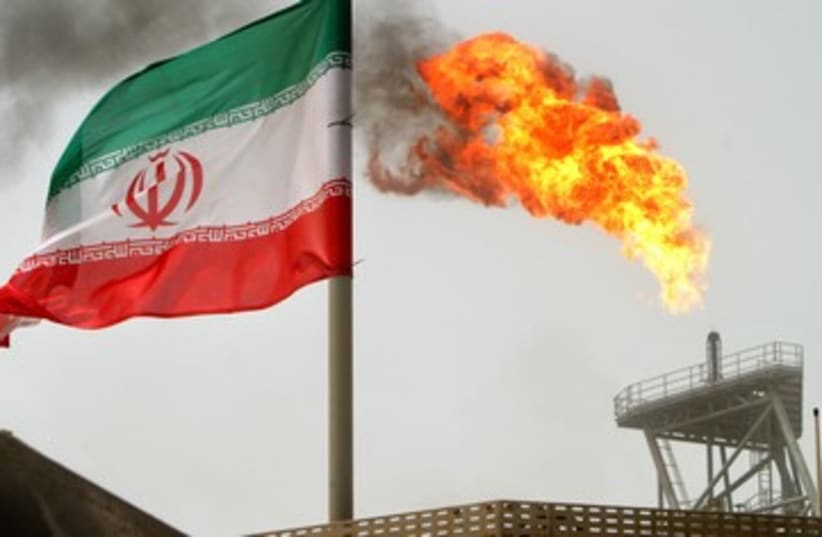The entire world understands that the good people of Iran want change, and, other than the vast military power of the United States, that Iran’s people are what their leaders fear the most.... pic.twitter.com/W8rKN9B6RT
— Donald J. Trump (@realDonaldTrump) December 30, 2017
State-sponsored mass rallies were scheduled in more than 1,200 cities and towns, state TV said - events held annually to commemorate the end of months of street protests that followed Mahmoud Ahmadinejad's disputed re-election as president.The Iranian government declared that trains and schools will be closed on Sunday because of the protests.Oppressive regimes cannot endure forever, and the day will come when the Iranian people will face a choice. The world is watching! pic.twitter.com/kvv1uAqcZ9
— Donald J. Trump (@realDonaldTrump) December 30, 2017
— Saeed666 (@saeed_eghbali) December 30, 2017Social Media reported in Farsi and Arabic that the protesters were shouting slogans that included “Not Gaza, Not Lebanon, my soul for Iran” and ”Leave Syria, think of how we are doing.”
Videos on social media showed Mashhad, the second largest city in Iran, where residents shouted “death to the president” and “death to the dictator.” In Qom, a holy city to Shi'ite Muslims and one of the most religious cities in Iran, residents also joined the protest against the Islamic republic.The Iranian authorities warned citizens not to take part in any “unlawful assemblies” and cautioned that people who take part in protests might cause problems to themselves and others.Openly political protests are rare in the Islamic Republic, where security services are omnipresent.But there is considerable discontent over high unemployment, inflation and alleged graft. Some of the new protests have turned political over issues including Iran's costly involvement in regional conflicts such as those in Syria and Iraq.Joblessness has risen and annual inflation is running at about 8 percent, with shortages of some foods contributing to higher prices and hardship for many families.#BreakingNewsDec 30 - #Kermanshah, #IranPeople chanting "Not Gaza, Not Lebanon, My life for Iran"#IranProtests #تظاهرات_سراسرى pic.twitter.com/UBRKWnt0Ds
— Heshmat Alavi (@HeshmatAlavi) December 30, 2017
